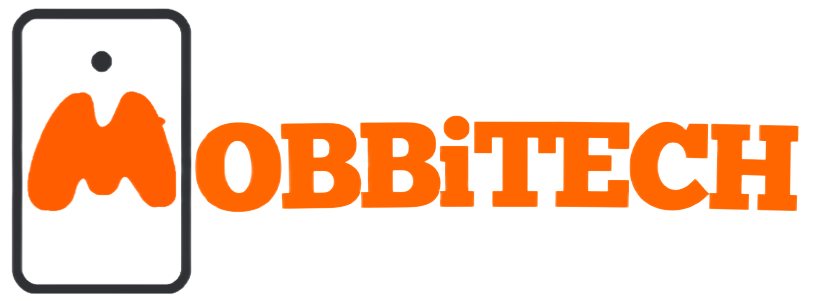Table of Contents
As AI continues to become more common in our daily computer lives, many people are starting to worry about how it will affect a lot of people. Google’s many AI features, Apple’s upcoming AI-rich updates to iOS 18 and macOS 15, and Microsoft’s Copilot+ PCs are all examples of this. The broad use of AI raises important questions about privacy, the environment, and moral issues linked to data use. If you want to get back in charge of your digital life, you might want to switch to Linux.
The AI Invasion
Operating systems like Windows and macOS are adding AI to their environments more and more. AI is what makes cloud-based services like iCloud and Dropbox possible, as well as the ability to recognize pictures and fix spelling mistakes. Even though these products are useful, they cost a lot of money.
For example, do you remember a time when you could use your Mac for days without having to charge its battery much? This isn’t true anymore because your computer talks to cloud services all the time while being mostly inactive. Since data hubs use a lot of energy, this constant link is very bad for the earth. For social reasons, it is also wrong to use data for AI training without permission from the people who created it.
Linux: A Beacon of Control and Privacy
The open-source Linux operating system is a good alternative for people who don’t want to deal with the problems that come with AI built into most OSes. Linux gives people full control over their computers, so there will be less tracking and data collection. Reade Taylor, who made Cyber Command and used to work for IBM as an Internet security systems engineer, says that Linux is a good way to get around the fact that Windows and macOS use AI too much.

Dispelling the Myths
A lot of people believe that Linux is hard to learn and not user-friendly. Linux users used to have to use a shell and type in long directions to update software. But the landscape has changed a lot. These days, Linux distributions, or distros, have become easier to use and understand, with libraries that look like app shops for installing software.
Customizability and Efficiency
One of the best things about Linux is that you can change it however you want. When compared to Windows and macOS, Linux gives you full power over the features and apps that come with it. Because it is flexible, the operating system can be stripped down to its most basic parts, which makes it smaller, faster, and able to run on old hardware.
There are many types of Linux packages, and each one is best for a certain group of users. While Ubuntu simplifies, Arch Linux is for expert users who seek complete control. Linux is adaptable, so even computer novices can use it.
Security and Privacy
Because Linux is open-source, anyone can read its source code. This lets a group of developers from around the world review and improve it all the time. This access makes security much better because flaws can be found and fixed quickly. Also, Linux’s minimum basic settings and rights system make it less likely that malware will attack.
Linux is very private because it doesn’t collect information about its users immediately. Windows and macOS often make you pick whether to let them collect data or not. Linux, on the other hand, lets you set up your system with privacy in mind right away.
Sustainable Computing
Also, switching to Linux might help spread more environmentally friendly ways to use computers. Linux is better for hardware, so it may be able to bring old computers back to life that would have been thrown away otherwise. This saves you money and cuts down on energy waste. Keeping your stuff in good shape for longer is good for the world.
Practical Steps to Transition
Transitioning to Linux is more straightforward than you might think. Here are some practical steps to get started:
Choose a Distro: Research and select a Linux distro that suits your needs. Ubuntu is a popular choice for beginners due to its user-friendly interface and extensive support community.
Backup Your Data: Before making any changes, ensure you back up all important data from your current system.
Try Before Installing: Most Linux distros allow you to run a live version from the USB drive. This lets you explore the OS without installing it on your hard drive.
Install Linux: If you’re satisfied with the live version, proceed with the installation. The installation process is typically straightforward, with guided steps to help you along the way.
Explore and Customize: Once installed, take your time to explore the new environment. Install the necessary software from the distro’s app repository and customize your system to your liking.
Embracing the future
Linux is a viable solution for folks who don’t want AI in their popular operating systems. You manage your computer settings using Linux. This provides independence, security, and longevity. Moving gives you back control over your digital life and improves the internet for everyone.
As AI becomes increasingly widespread in conventional operating systems, privacy, environmental effects, and ethical data usage must be addressed immediately. Linux is secure, helpful, and versatile, making it a unique option. Even if you’re not tech-savvy, Linux may be the best approach to escape the AI horror.
Also Read:

